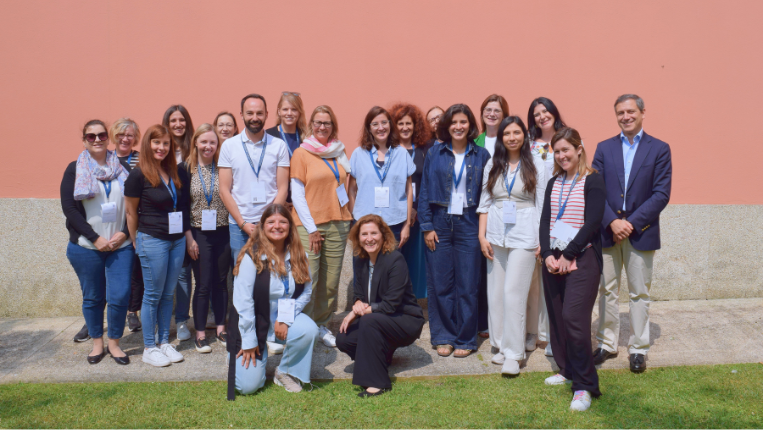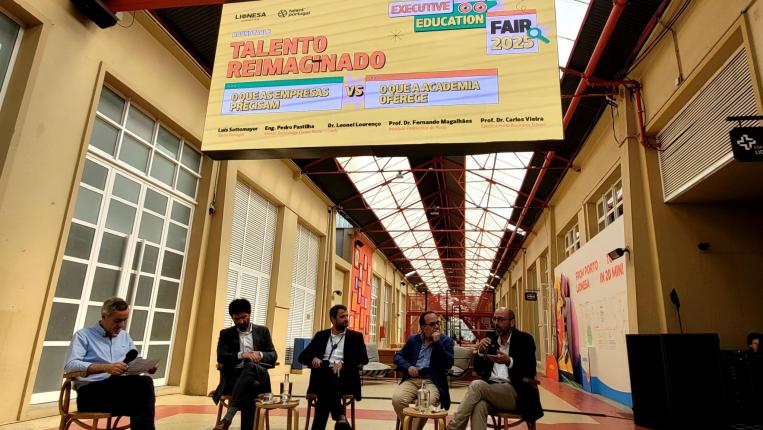By 2030, it is expected that half the world's population will work from home. The interactions between organization members will change in frequency, time and method, which will have profound implications on ethics and compliance management.
This was the starting point for the Católica Porto Business School's Ethics Forum annual conference, on November 22nd, with the theme "Ethics and Hybrid Work: Reflections".
A session that allowed the reflection on the survey "Ética e Trabalho Híbrido: no Rescaldo da Pandemia", which estimated more than 1200 answers, and on the Collective Book "Proximidades e Distâncias: Desafios Éticos do Trabalho Híbrido".
Rui Sousa, Dean of Católica Porto Business School, opened the conference, and it was followed by Muel Kaptein with "Ethical Hybrid Workplace: Challenges and Opportunities".
There was also a round table discussion, "Ética e Trabalho Híbrido: Perspetivas em Diálogo", moderated by Sofia Salgado Pinto, lecturer at CPBS, with the presence of Gonçalo Quadros, Founder and Chairman of Critical Software; José Teixeira, Chairman of the Board of Directors of dstgroup; Maria Manuel Araújo Jorge, Researcher at the Institute of Philosophy of the Faculty of Arts of the University of Porto; and Sofia Reis Jorge, Administrator of ALTRI. The conference was closed by Isabel Braga da Cruz, President of the Regional Centre of Porto of the Universidade Católica Portuguesa.
Helena Gonçalves, a lecturer at Católica Porto Business School and coordinator of the Ethics Forum, revealed that this was an "inevitable subject, on which it was necessary to investigate, promote knowledge and reflection". Thus, in a universe of 1226 respondents, it was concluded that hybrid work improves health and well-being. Around 70% of people who find themselves in this work model "perceive improvements on a financial, mental and physical level, compared to only around 20% of those who are in face-to-face model", highlights the study's coordinator.
It is important to note that the Ethics Forum aims to promote business ethics through exchanging experiences, joint reflection and knowledge sharing.



